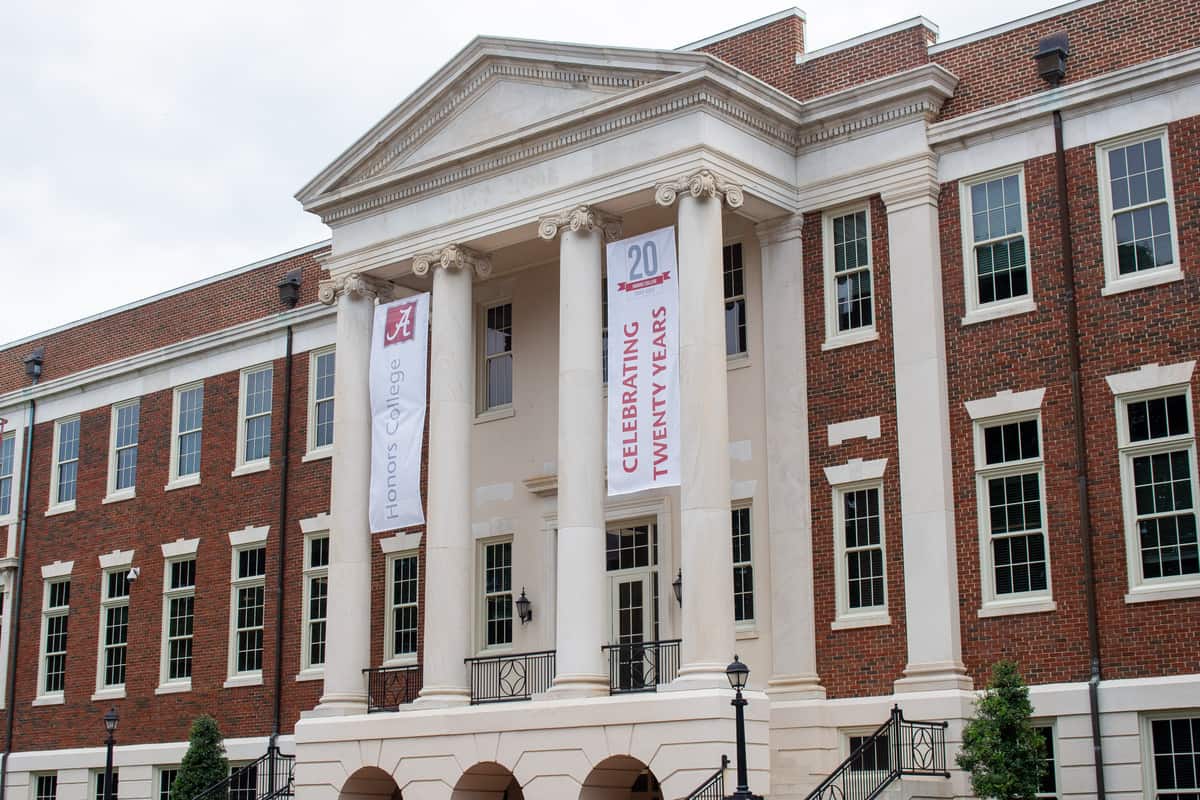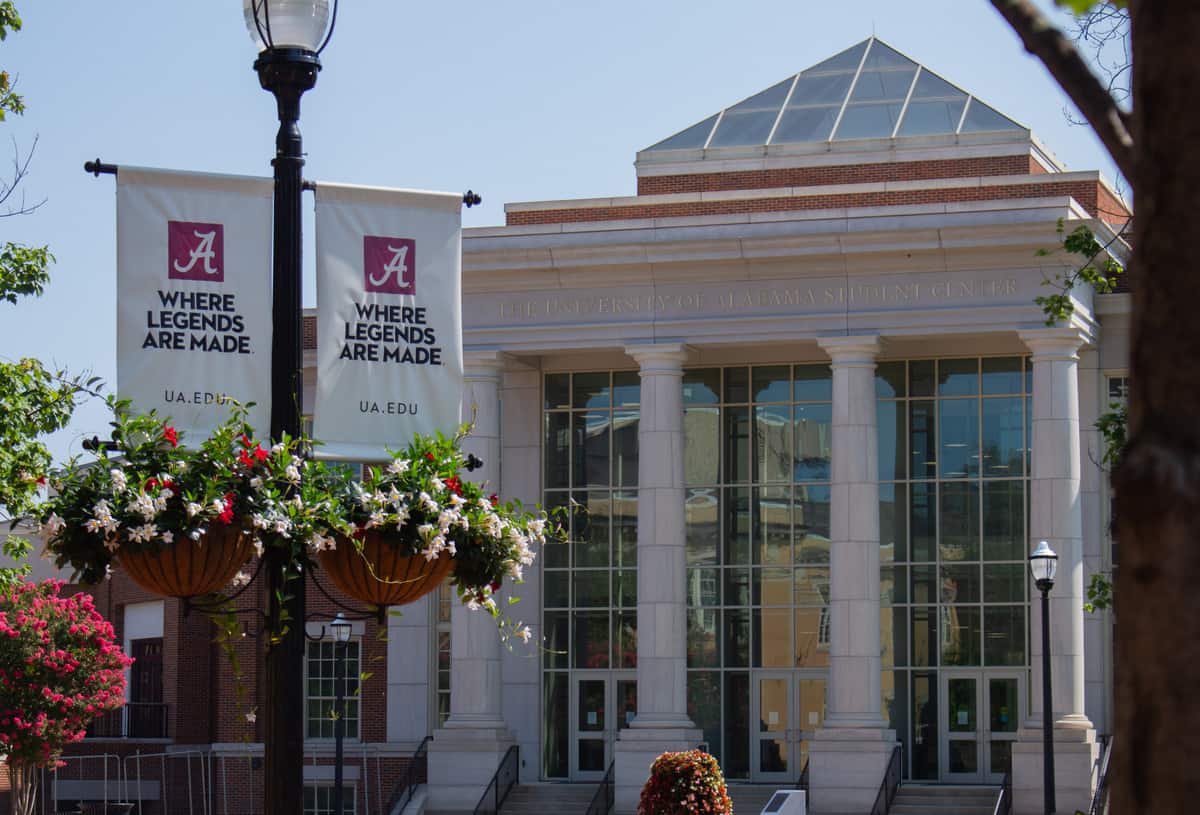For incoming freshmen and returning students, the start of a new school year brings new opportunities academically and socially. Along with new courses, homework and exams, students will be looking for ways to get involved and places to fit in on campus.
Getting involved can include finding an outlet to connect with other students and form new relationships. The SOURCE, a provider of resources, support, and recognition for student organizations , lists more than 600 clubs and organizations on campus that students can get involved in, along with several honor societies. Some possibilities include joining an intramural sports team, an organization related to a hobby or personal interest, or a club that focuses on a specific major or career field.
One of the best opportunities to find something you can get involved in on campus is Get on Board Day, which is a major tradition in campus involvement. Get on Board Day is a great event for students looking to get more involved, because it connects them with organizations, community vendors and departments on campus. The fall semester Get on Board Day will be Aug. 31 from 5 to 9 p.m. on the Quad.
Another excellent opportunity for new students is the chance to form a new organization or club. Any student who wishes to see a different club or organization on campus can work with the Division of Student Life to create it.
Among all the opportunities to get involved on campus, there are specific organizations open to incoming freshmen. The Freshman Forum and First Year Council through the SGA are two specific opportunities for new students.
Freshman Forum serves as an opportunity to start a leadership journey. Participants in Freshman Forum learn through interactive discussions, leadership training and civic engagement. Applications for Freshman Forum are open now and are due Sept. 4. Sessions are on Wednesdays from 4 to 5:30 p.m. from September to March 2024.
The First Year Council acts as the official representative body of the freshmen class and is an application-based extracurricular made up of 65 freshmen who meet once a week on Tuesday evenings. Members learn how student government works and how to turn ideas into solutions by passing and implementing legislation. They also receive an introduction to campus through guided leadership development opportunities. The application is open now and closes on Sept. 7.
Honor societies serve as another great way for students to showcase academic, service and leadership qualities. John Gilmer, assistant director of organization development, emphasized the benefit to students getting involved.
“Honor societies create special opportunities for both recognition and connection on campus. They have a valuable affiliation that can be highlighted on a resume and members of recognized honor societies can also receive exclusive opportunities through the organization to attend conferences, guest lectures and social events specific to that group’s membership,” Gilmer said.
Honor societies can be differentiated between disciplines and encompass several areas including service, leadership, character and academics. Some examples include Alpha Epsilon Delta, the pre-health honor society; Psi Chi, the psychology honor society; and Theta Tau, an engineering honor society. There are additional honor societies on campus that encompass specific majors or academic disciplines.
Brian Kent, the current president of Alpha Epsilon Delta, finds opportunities like AED a way of connecting UA pre-health students and those interested in attending health professional schools.
“We meet weekly in Lloyd Hall Room 38 at 7 p.m. on Tuesdays,” Kent said. “We talk about different opportunities for pre-health students on and off campus as well as how to best prepare to enter professional school for medicine, dentistry, optometry and other fields in health care.”
Kent emphasized that there are benefits to being involved in honor societies.
“We often host physicians, admissions committee members and numerous other knowledgeable guests to speak at our meetings,” Kent said. “Students in AED participate in a wide variety of activities, and our members greatly benefit from the connections and expertise of fellow members to help them get more involved in and navigate scientific research, volunteering and many other important activities in the path to becoming a health professional.”
Outside of the major- and discipline-specific honor societies, many nationally recognized honor societies have members working on any major and include an emphasis on service and leadership. Many of these organizations are grouped on campus within the Division of Student Life and participate in the annual Honors Day in April.
The Coordinating Council for Honor Societies comprises member organizations that serve to increase campus awareness of honor societies and ensure an unbiased selection process among member organizations. A portal system allows for students to initiate an application process each spring semester. The portal opens early in the spring semester and includes information including GPA, credit hours and classification then generates a list of honor societies that are eligible for students to apply.
Colby Lewis, vice president of service for the Coordinating Council for Honor Societies, works with the honor societies that are member organizations on campus. Each honor society has a representative on the council’s executive board. The council also has four managing positions: the president, vice president for selections, vice president for outreach and vice president for service. Individual honor societies work on service projects and can collaborate with other member organizations on projects through the council.
“The applications are blinded and given a number, sent to the organizations, which then send back the numbers that they want, and the council emails out the students,” Lewis said. “We do this to make sure the process is as fair as possible and based on merit.”
Many organizations are service based, and Lewis highlights the benefits of joining honor societies on campus.
“Some groups may have dues or fees associated with membership, but I would really emphasize not letting that stop students that are interested,” Lewis said. “There are often waivers available through the council to keep that from being a barrier for those that are interested.”
Similar to how clubs and organizations on campus can emphasize a meaningful connection to campus and other students, honor societies can help find and nurture individual interests.
“In a new place it may be hard to find ways to become involved in service opportunities,” Lewis said. “These honor societies are a good way to help put aside that time and serve your community.”
Honor societies are also a great way for those who are academically inclined to work with others who are the same age and allow for the opportunity to build community. Some of the organizations are geared toward specific classifications, such as Alpha Lambda Delta for freshmen or Lambda Sigma for sophomores.
“I feel one of the benefits for me personally is the community aspect, meeting people, and emphasizing those skills of what it means to serve and listen to others,” Lewis said. “Getting involved is crucial especially at such a large university.”
If students are interested in joining an honor society, there is an opportunity to attend an honors preview night to find out about organizations each spring. More information about preview night is available in January.
Honor societies that are members of the council can be found here.
Regardless of a student’s classification at the University, all can benefit from organization and honor society opportunities on campus.















